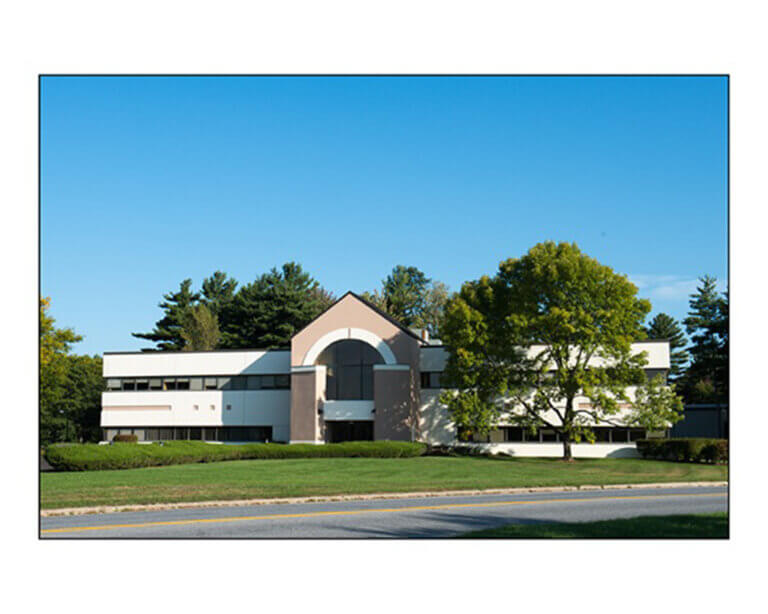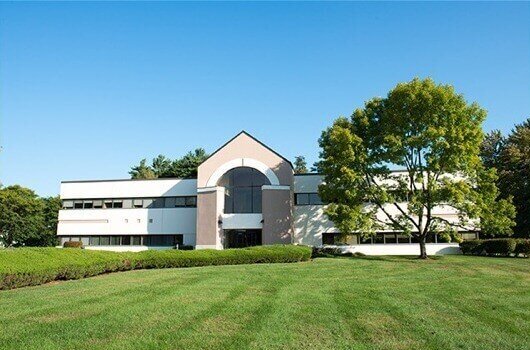Vermont relies on property and personal income taxes
Vermont Business Magazine – While the angst over a budget veto and hard-fought compromise over local teacher health plans might result in only a $25 savings for the average property tax payer, Governor Phil Scott does have a point on Vermont’s level of property taxes. While statewide property taxes have fallen out of favor nationally, Vermont’s has grown to the highest statewide property tax rate in the nation. This is somewhat offset by relatively low local property taxes. The result is that Vermont is above average in total property taxes collected (34.7 percent to 31.3 percent). This is typical of New England.
But what a new Tax Foundation report also found is that Vermont has a lower than average reliance on the corporate income tax (2.1 percent to 3.7 percent) and a much lower reliance on the sales tax than the average state (13.7 percent to 23.3 percent), but a much higher reliance on the personal income tax (31.1 percent to 22.9 percent). Thus, Vermont counts on 65.8 of all revenues from the property and personal income taxes. Only New Hampshire (67.7 percent) and New Jersey (68.3 percent) rely on those two sources more.
Scott and legislative leaders cobbled together a plan Thursday that will force local school districts to save $13 million over the next two years. The savings are intended to come out of teacher health insurance plans as they must renegotiate plans to meet Affordable Care Act (Obamacare) requirements. Those new plans will have vastly lower premiums but higher deductibles. The state will figure out how much each district should save and give them that much less money from the Education Fund.
For the full article please click here.


